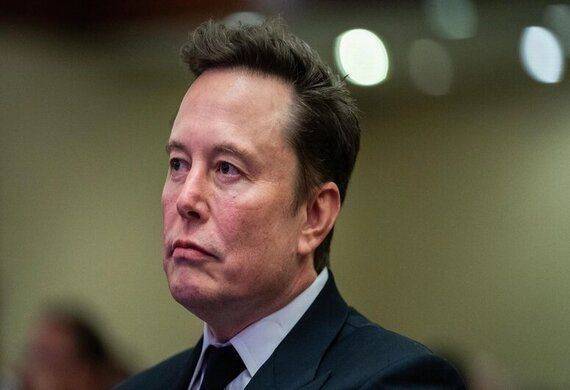Demand for Tesla Sinks in Europe amid Mockery over Musk's Support for Far Right
By Global Leaders Insights Team | Feb 07, 2025

Customers delaying purchases in anticipation of Tesla's Model Y refresh, known as the "Osborne Effect," may have played a minor role in the automaker's European sales decline when compared to the Elon Musk's deteriorating reputation. Over the last two years, the brand's market share in Germany has dropped to 3.7% last month, compared to 23% in January 2023.
Most people are unfamiliar with the Osborne effect, a relatively obscure economic term that Tesla shareholders have recited almost ritualistically in recent weeks and months. It describes the tendency of consumers to postpone the purchase of a large-ticket item when they learn that a new, improved version of the same product is set to be released in the near future, such as the refreshed Model Y, which will be available in March.
Regardless of how bleak the outlook for Tesla car sales appears to be, there has never been a time when high-conviction investors did not blame low volumes on this phenomenon. It also deflects blame from the brand's totemic CEO, who has endorsed the far right in Germany.
They'll have to hope they're correct, because Musk's business is in decline in Europe, which has traditionally been supportive of EVs due to high fuel prices on the continent. The data provides valuable insight because, unlike the United States, it is one of the few major markets that reports detailed Tesla sales every month.
"Tesla has been a big loser of share in January, despite strong positive (battery electric vehicle) growth," UBS analysts warned Thursday.
The most pressing concern is likely Germany, where Tesla is underperforming in what appears to be a growing market. Last month, sales fell by 60% year on year, despite a 53% increase in the overall EV market. Its market share has fallen from 23% two years ago to a mere 4%.
This builds on previous indications from other major European EV markets such as Norway, Sweden, and France, where demand fell by 38%, 44%, and 63%, respectively.
Unfortunately, there is no comparable data for the United States, where light vehicle sales are typically reported by franchised dealers rather than official authorities or manufacturers. Since Tesla does not use third-party retailers or voluntarily report regional car sales, quarterly data from California is the only true proxy for Tesla demand in the United States market.
.jpg)



